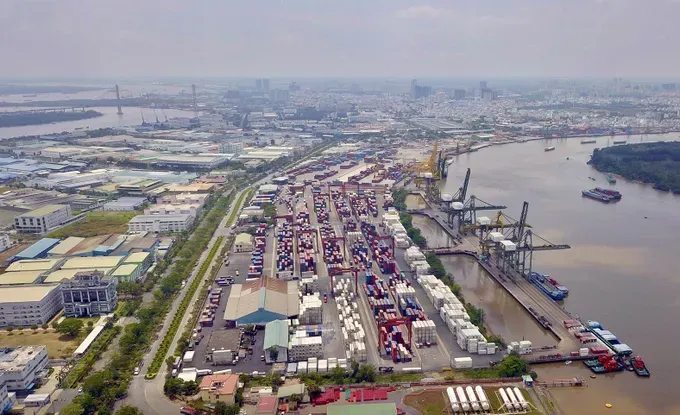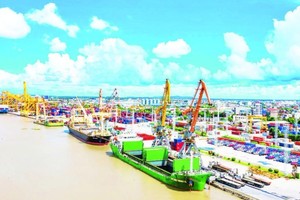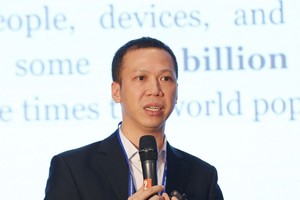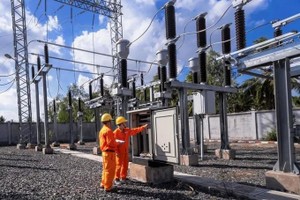
Many foreign businesses have expressed their readiness to invest in Ho Chi Minh City, provided that administrative procedures are simplified and handled more efficiently.
At a recent dialogue between city leaders and representatives of foreign-invested enterprises, investors showed strong optimism about the city’s future after its administrative merger with neighboring Binh Duong and Ba Ria-Vung Tau provinces. They said Ho Chi Minh City now has broader development prospects and fresh opportunities for capital inflows.
Erick Contreras, Vice President of the European Chamber of Commerce in Vietnam (EuroCham), noted that the merger would pave the way for new breakthroughs in the city’s growth. He emphasized that the planned International Financial Centre (IFC) will not only attract investment capital but also serve as a hub for managing and coordinating regional capital flows.
A well-governed and transparent IFC will be a powerful launchpad for innovation and green finance, supporting sustainable growth and putting Vietnam on the global map, Contreras said. With its strategic location, strong infrastructure, and high-quality workforce, he added, Ho Chi Minh City is well-positioned to become an attractive destination for global investors.
Sharing the same view, Travis Mitchell, Executive Director of the American Chamber of Commerce (AmCham) in Vietnam—Ho Chi Minh City, said establishing the financial center represents a transformative reform that could elevate Vietnam into a regional hub for green capital and finance. He also expressed optimism about the country’s stock market following its status upgrade by FTSE Russell, which will likely attract significant foreign investment flows.
Investor confidence is also reflected in EuroCham’s Business Confidence Index (BCI), which reached 66.5 points in the third quarter of 2025—the highest level in three years, even surpassing the level in periods before US tariff pressure. Notably, over two-thirds of EuroCham members view Vietnam’s short-term outlook as stable and positive, while 80 percent are confident in its five-year growth prospects.
However, investors said administrative procedures remain their biggest concern. Seck Yee Chung, Vice President of the Singapore Chamber of Commerce in Vietnam (HCMC), noted that licensing processes—especially for business permits—are often lengthy and complicated, sometimes taking up to a year despite official timelines of just 13 working days.
Okabe Mitsutoshi, Chief Representative of the Japan External Trade Organisation (JETRO) in Ho Chi Minh City, cited JETRO’s 2024 survey showing that complex administrative procedures (62.4 percent), rising labor costs (58.9 percent), and inconsistent legal enforcement (57.8 percent) are the top challenges for Japanese investors in Vietnam.
Responding to these concerns, Chairman of the municipal People's Committee Nguyen Van Duoc reaffirmed that administrative reform remains the city’s top priority. HCMC aims to cut at least 30 percent of procedures, reduce processing times and costs, and shift from a “management mindset” to a “service mindset” to better support the business community.
























